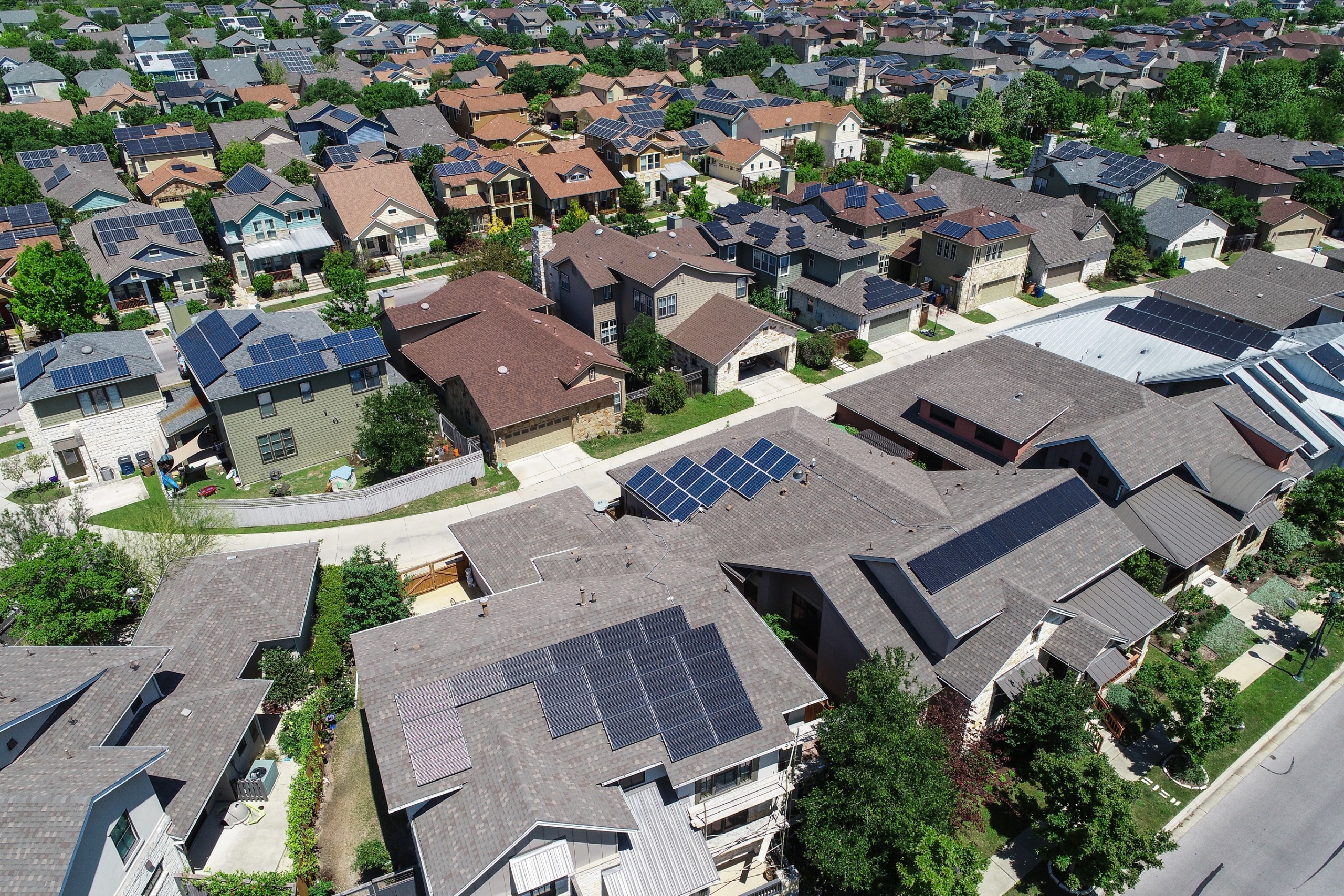
Governor: We want to power our homes with 100% clean energy!
We write today to support the Environmental Protection Agency’s effort to reduce methane emissions and other pollutants from new and existing oil and gas operations through regulation...
SEND A MESSAGE
Former Clean Air and Water Advocate, Environment Texas Research & Policy Center
February 13, 2023
Mr. Michael S. Regan, Administrator
U.S. Environmental Protection Agency
1200 Pennsylvania Avenue, NW
Washington, DC 20460
Dear Administrator Regan,
As state elected officials from across Texas, we write today to support the Environmental Protection Agency’s effort to reduce methane emissions and other pollutants from new and existing oil and gas operations through regulation and to urge some key improvements to EPA’s 2022 supplemental proposal.
Pollution from the oil and gas sector is accelerating the pace of climate change and harming the health of our families and communities across the country. That is why we are counting on the EPA to quickly finalize the strongest possible safeguards to cut methane and other harmful pollution from the oil and gas industry.
Methane, which has more than 80 times the warming power of carbon dioxide over its first 20 years in the atmosphere, is released alongside dangerous pollution such as cancer-causing volatile organic compounds (VOCs) and air toxics like benzene. VOCs can also worsen asthma and respiratory disease and cause immune system damage and developmental problems in young children. Methane also contributes to ground-level ozone, also known as smog, which worsens air quality and presents health risks across the state, especially in major metropolitan areas.
Methane is also the main component of natural gas, making it a valuable energy resource. In 2019, operators in Texas emitted over 5.5 million metric tons of methane, enough gas to meet the needs of every residential consumer in Texas for a little more than a year. Reducing the waste of this resource is critical for strengthening the energy and climate security of the United States and its allies, especially as global energy markets face uncertainty and turbulence amid Russia’s invasion of Ukraine.
Texas is the largest onshore producer of oil and gas in the country and is home to part of the nation’s largest oil field, the Permian Basin. Approximately 2.4 million Texans live within a half mile of an active oil or gas well.
We commend EPA for strengthening its proposed rule from the initial proposal in 2021. Particularly, ensuring that all wells are regularly and frequently inspected for leaks until properly plugged and closed and phasing out high-polluting pneumatic devices will result in significant reductions in pollution. However, EPA should make additional improvements to protect public health and tackle the climate crisis. We implore EPA to:
– Ensure that operators at oil and gas wells capture associated gas and limit flaring of that gas to instances in which it is necessary for safety or maintenance reasons;
– Strengthen the standards to address emissions from storage tanks by making the standards applicable to more tanks; and
– Provide a clear pathway for communities and individuals to participate and engage in the Super Emitter Response Program, which is designed to quickly address very large leaks from the oil and gas industry, by ensuring that approved monitoring technologies and data are accessible to all.
Reigning in pollution from routine flaring is especially important here in Texas, the nation’s leading emitter of flared gas. EPA should look to the programs of leading states like New Mexico and Colorado, which limit allowable flaring to specified circumstances, such emergency situations and certain maintenance situations.
Thank you for your consideration of our comments. We look forward to EPA’s swift finalization of these critically important safeguards and then, to robust state and federal implementation.
Sincerely,
Ronald Reynolds
Texas State Representative
District 27
Vikki Goodwin
Texas State Representative
District 47
Chris Turner
Texas State Representative
District 101
Gina Hinojosa
Texas State Representative
District 49
Erin Zweiner
Texas State Representative
District 45
Jon Rosenthal
Texas State Representative
District 13
Former Clean Air and Water Advocate, Environment Texas Research & Policy Center
